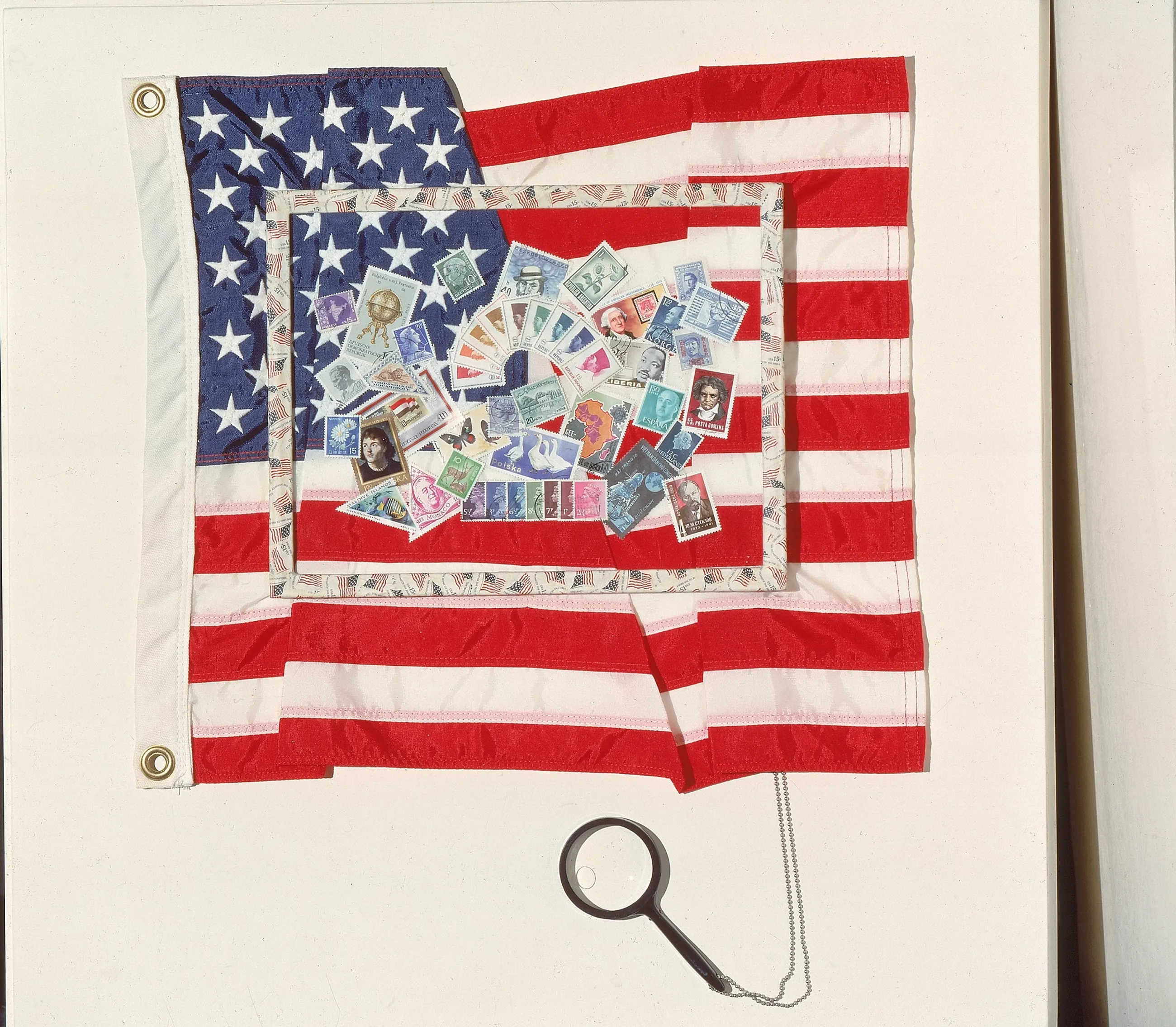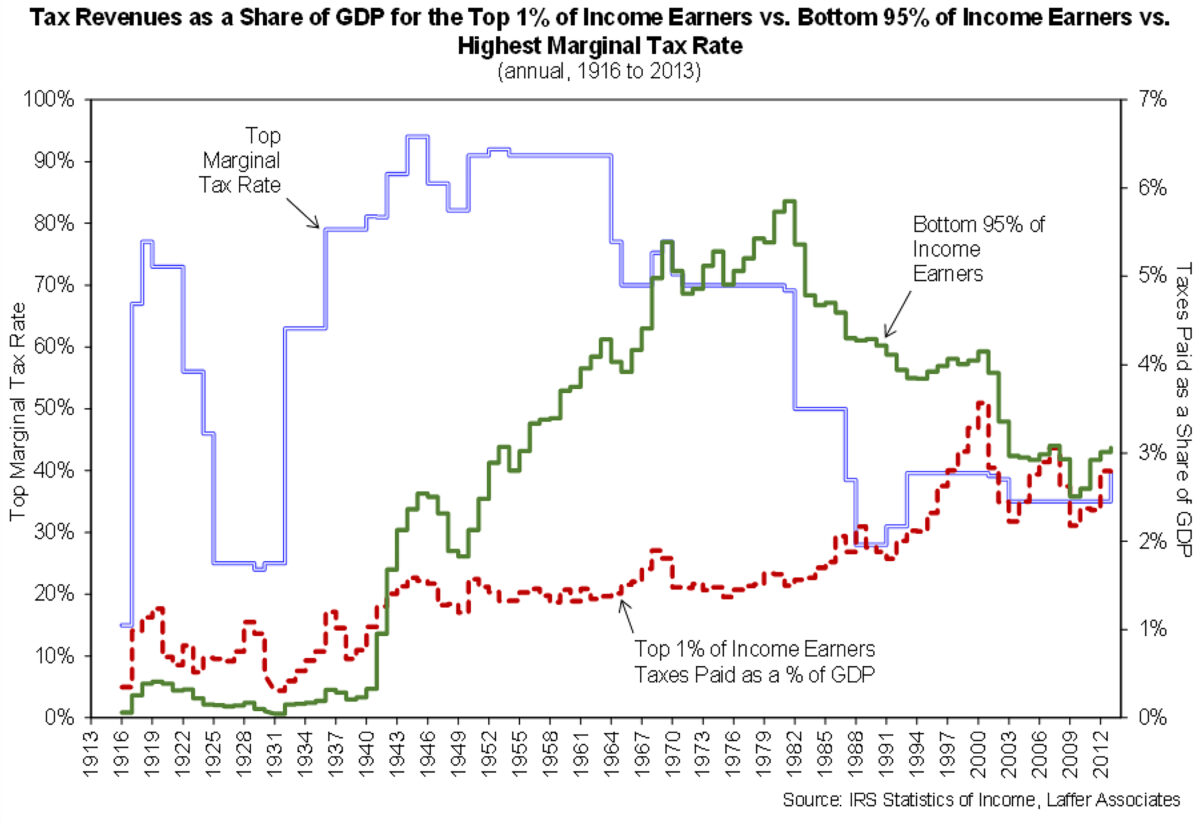Suppose, for a minute, that you are a finance minister in the developing world. At the end of a year in which your tax take has disappointed, you are just about out of money. You could plough what little remains into your health-care system: dollars spent by clinics help control infectious diseases, and there is not much that development experts believe to be a better use of cash. But you could also spend the money constructing an electrical grid that is able to handle a switch to clean energy. In the long run this will mean less pollution, more productive farmland and fewer floods. Which is a wiser use of the marginal dollar: alleviating acute poverty straight away or doing your country’s bit to stop baking the planet?
The thought experiment is a simplified version of a dilemma currently facing global institutions and developing countries. On June 22nd politicians arrived in Paris for a summit to design “a new global financial pact”. The aim was to work out how to spread the cost of climate change. Leaders from poor countries turned up in droves; aside from Emmanuel Macron, France’s president, no Western head of state made it. Little surprise, then, that the jamboree ended without rich countries contributing a single extra dollar. Instead, attendees tinkered with the World Bank and the imf, the biggest of the multilateral agencies that seek to reduce poverty. The lack of action means painful trade-offs lie ahead.






